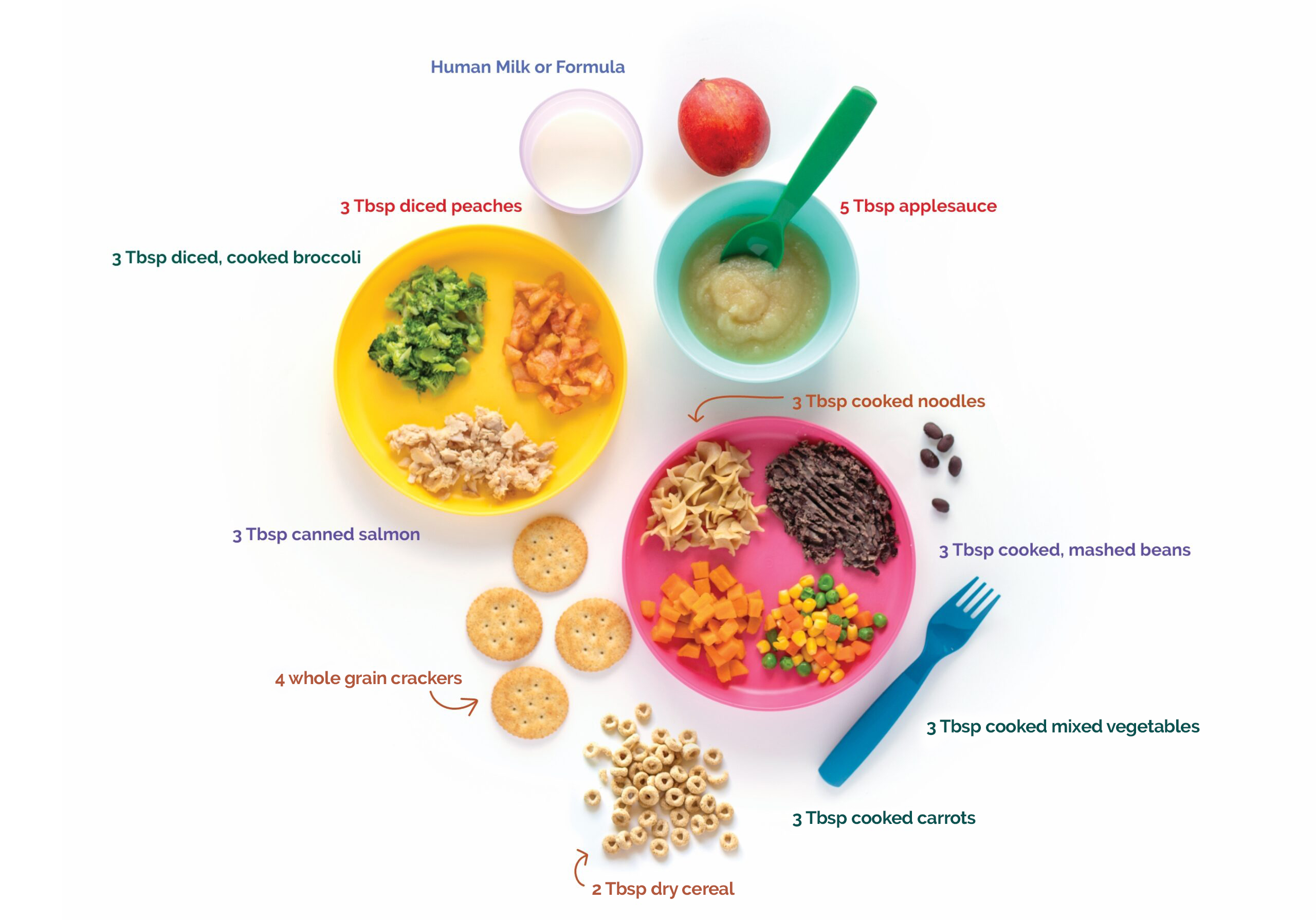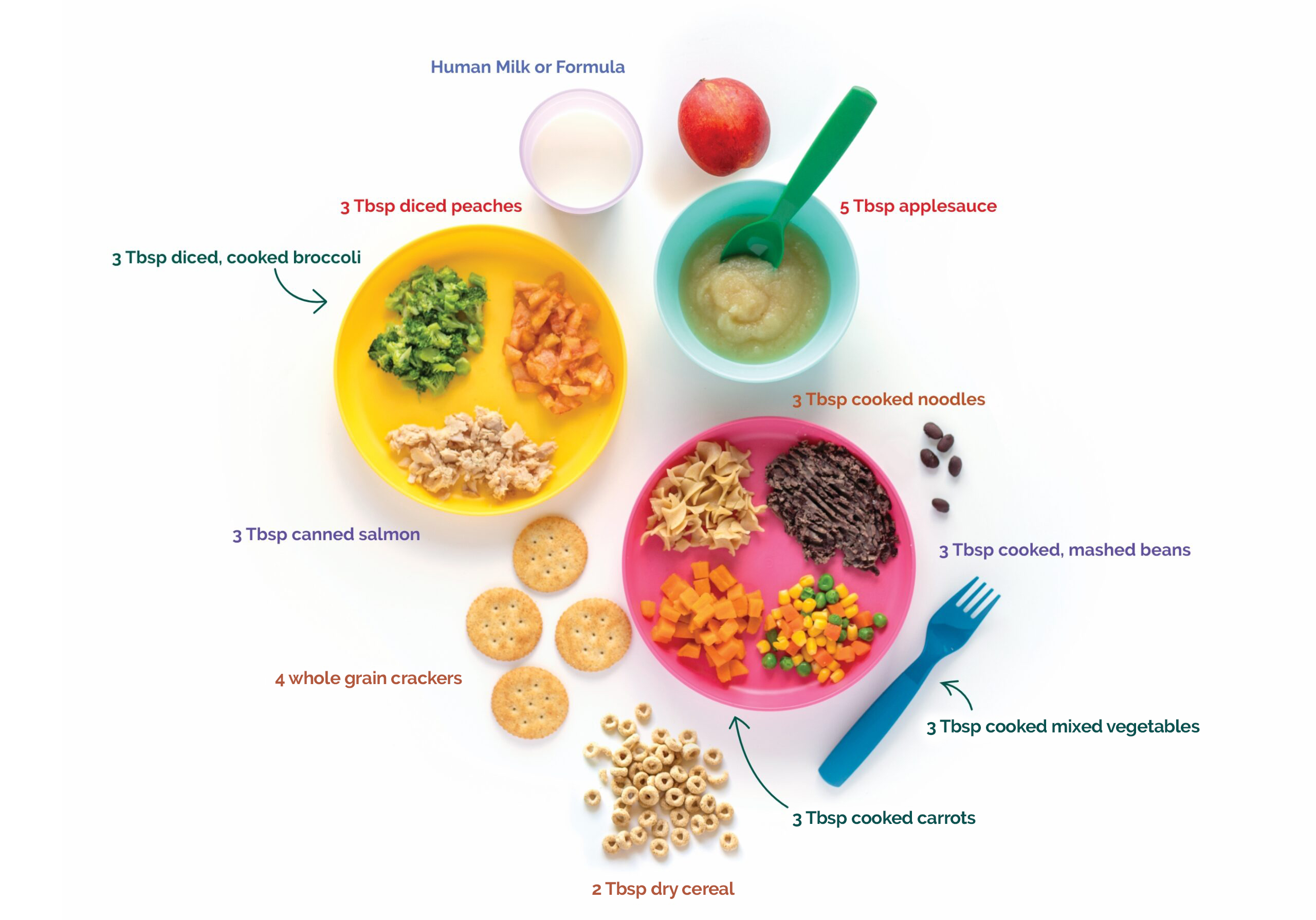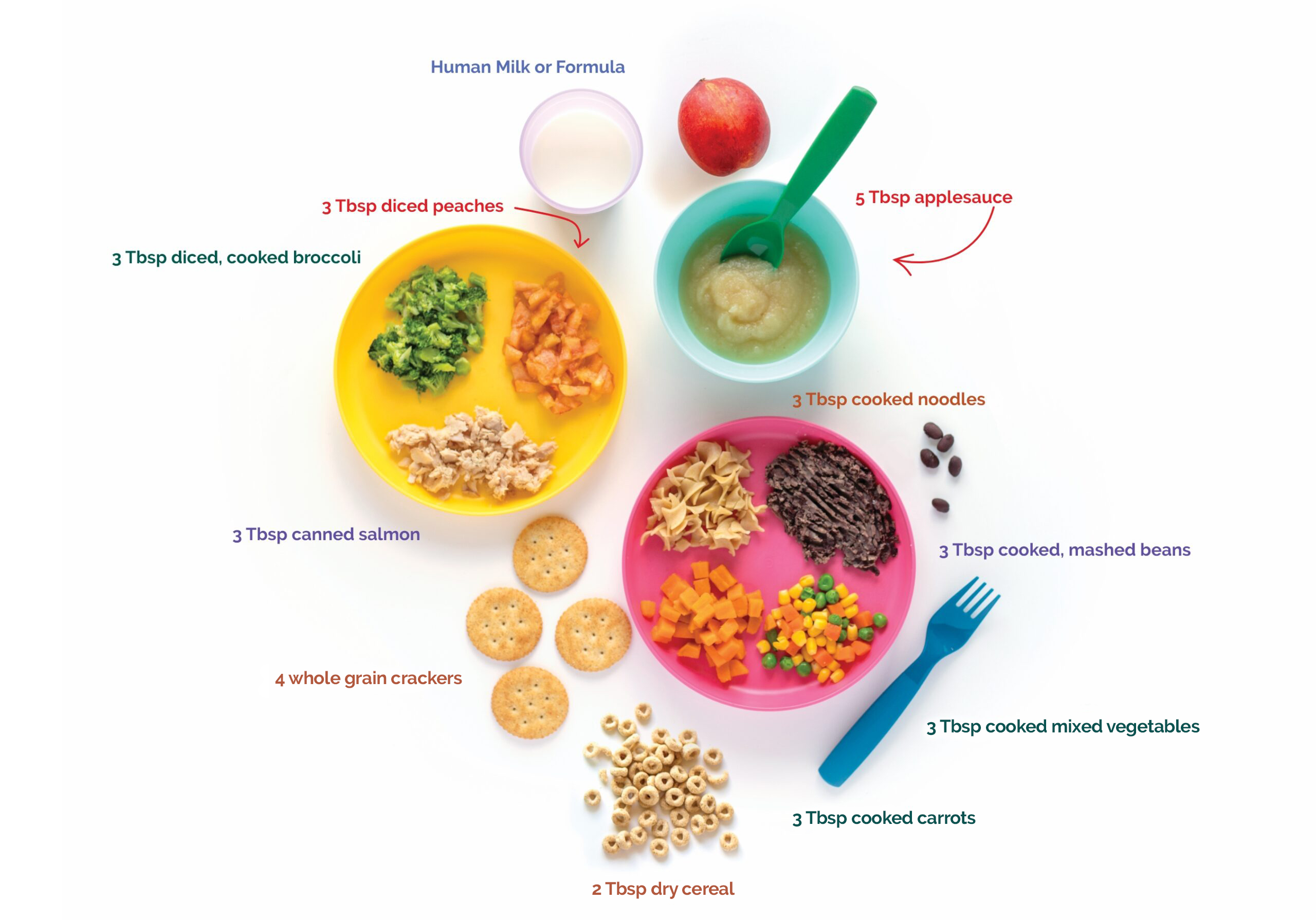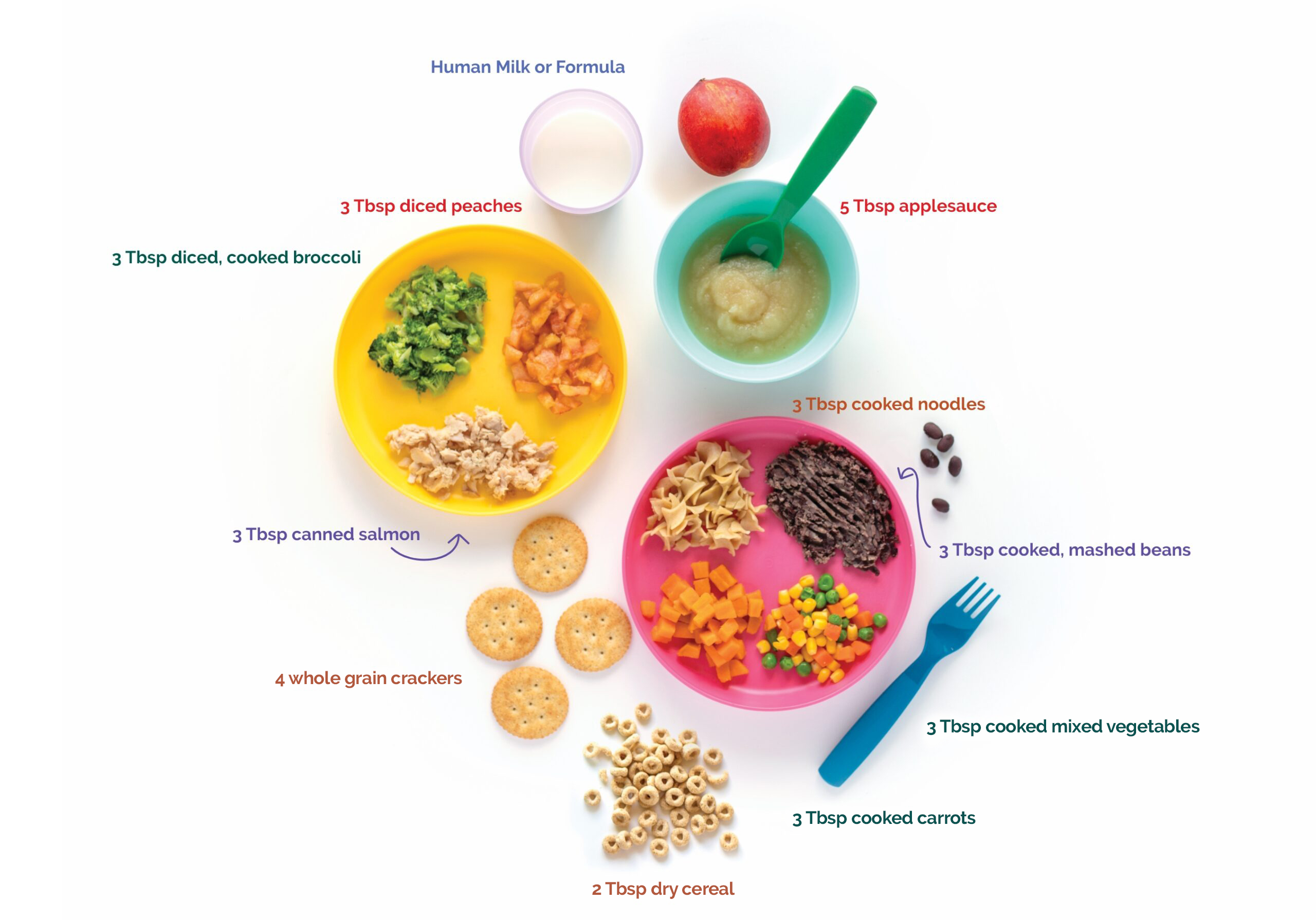Healthy Beginnings Matter
Being pregnant is a time filled with so many feelings – excitement, maybe a little worry, and a whole lot of love for the little one growing inside you. You want the very best for your baby, and that’s completely natural. Sometimes, though, things like alcohol, smoking, or drugs can get in the way of that.
Life isn’t always easy. Maybe you’re dealing with stress, or you’ve been using these things for a long time. It’s okay. You’re not alone, and support is available.




























